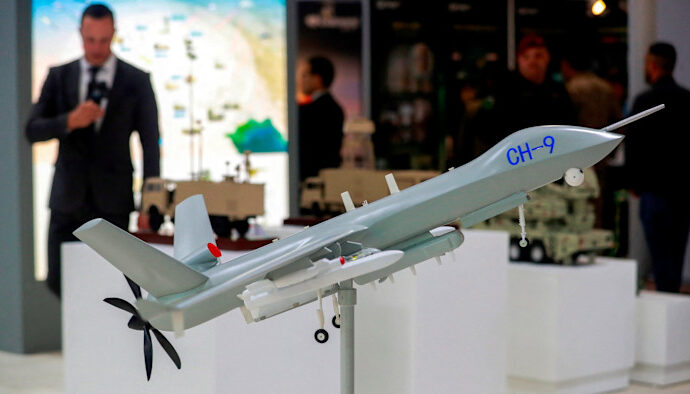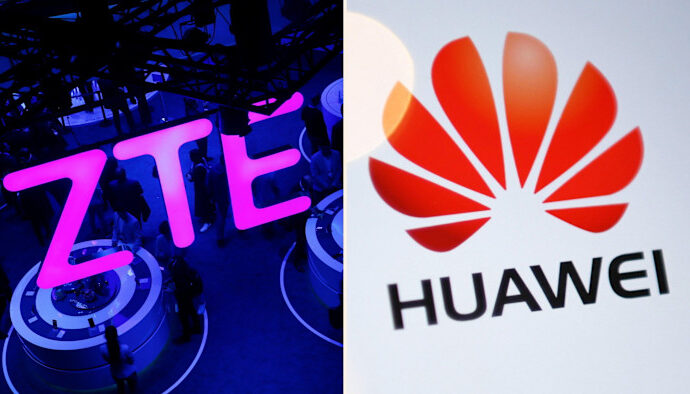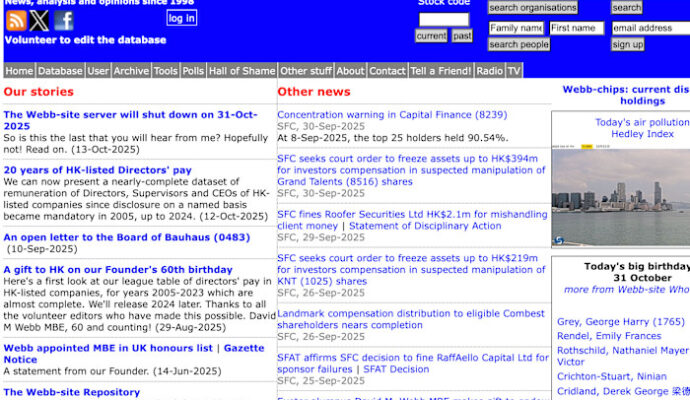Anti-establishment and with a history of losing and gaining vast fortunes, it may be no surprise that Donald Trump and Masayoshi Son see eye-to-eye.
But the past eight months have deepened the rapport, raising the financial stakes for both the US and Japan and creating an unofficial diplomatic channel between the SoftBank billionaire founder and the US president.
SoftBank has become a crucial foreign investor in the US. The Japanese group is increasing its stake in OpenAI and has invested $2bn in Intel while eyeing a takeover of the struggling chipmaker’s foundry business. The US government’s intention to take a 10 per cent share in Intel will intertwine the two further, as would SoftBank’s ambitious plans for a mammoth robotics and AI complex in Arizona.
While Son’s dealmaking spree has been welcomed in Washington, avoiding the suspicion faced by other outside investors, he needs to maintain his relationship with Trump should he want control over more physical and politically sensitive assets.
Nippon Steel’s tortured attempt to buy US Steel — blocked first by then-president Joe Biden — was only greenlit by Trump after he was given a “golden share”.
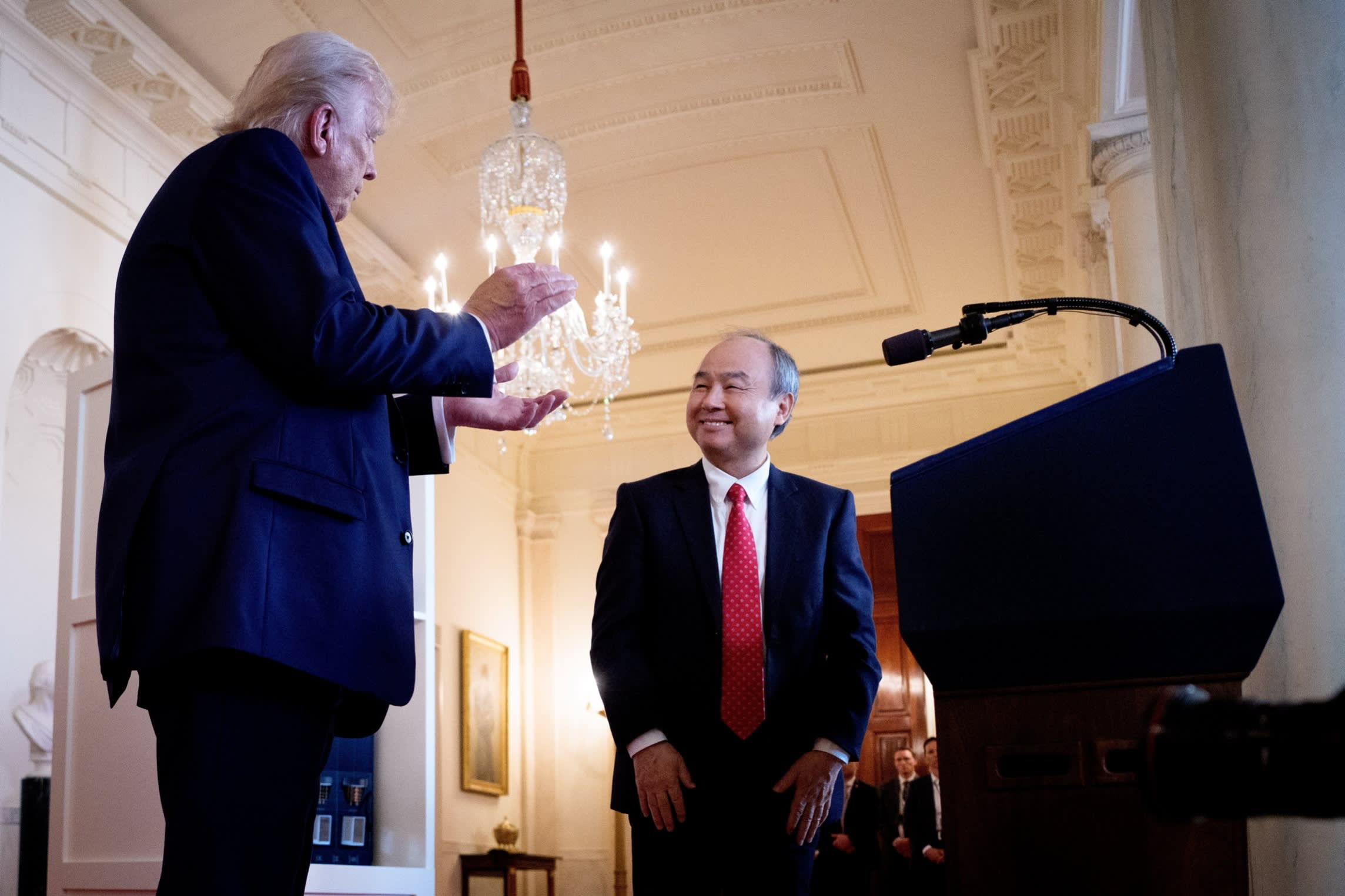
“In Washington, with Trump, with those around him . . . Masa has become the go-to guy on Japan,” said Joshua Walker, chief executive of Japan Society, a non-profit focused on relationships between the two countries.
“Everyone wants Masa and Japan to be successful but any time such an important relationship . . . narrows down to one person, it can get dangerous. If it all blows up, that could have wide-ranging ramifications,” he added.
Son has been cultivating close ties to Trump ever since the president’s first term, visiting the White House repeatedly, chatting on the golf course and promising jobs and investment through the kind of grand public announcements that appeal to the US leader.
Son is “a dealmaker who’s not afraid to take big swings, not all that different to a big real estate developer”, said a US-based executive who has worked with both men. “There’s a huge commercial element to everything Trump does: will this be good for America’s bottom line? Masa understood that very early on.”
Son’s courting started with a $50bn investment pledge in Trump Tower in December 2016. He promised a further $100bn almost a decade later when Trump was re-elected. Weeks after that, the SoftBank boss was flanked by OpenAI’s Sam Altman and Oracle’s Larry Ellison as he promised to lead a $500bn artificial intelligence data centre project dubbed Stargate.
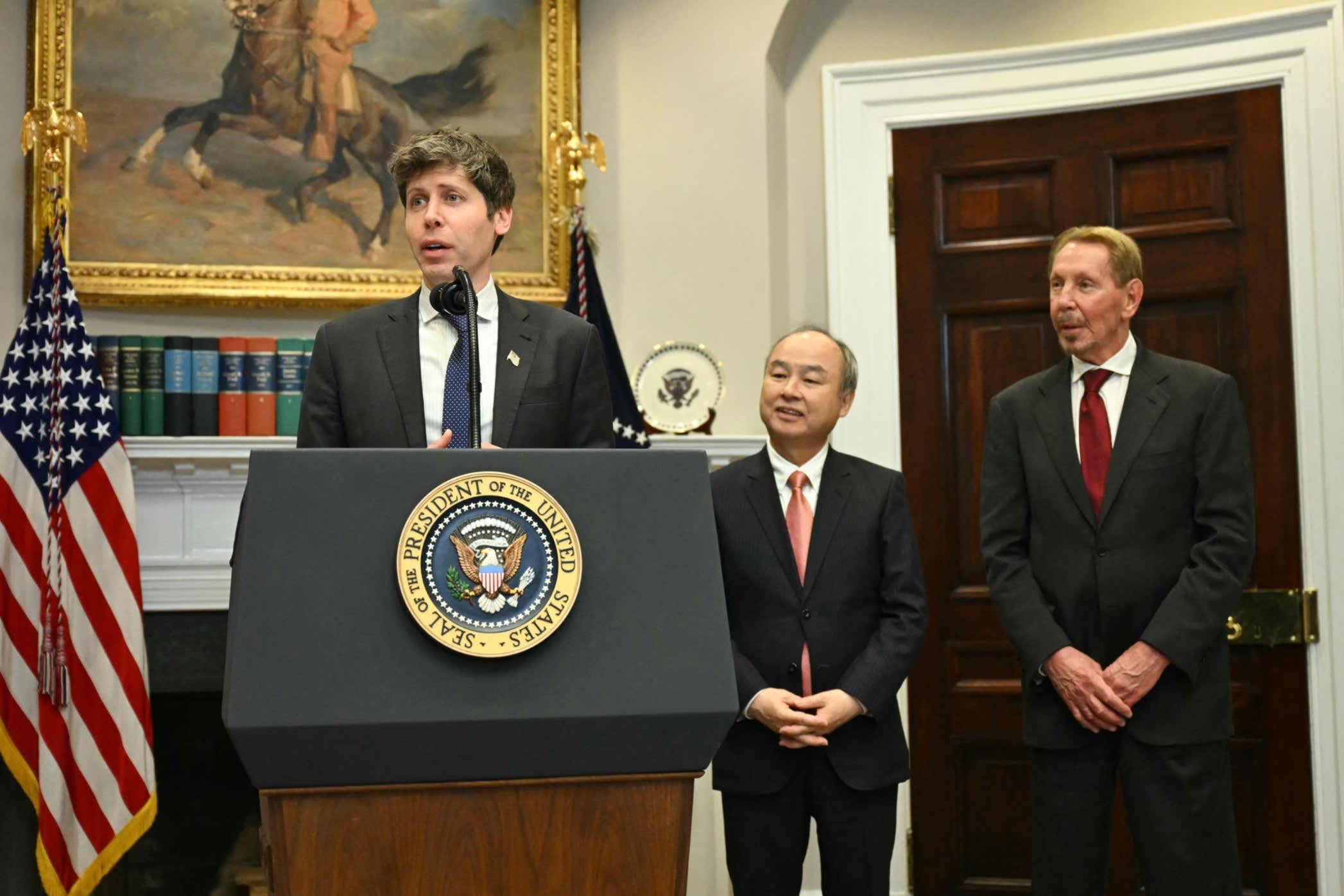
“In the US, with all of these plans, it’s hard to rein him in,” said one person who is close to the billionaire.
People close to Son said he has learnt that proximity to power in the US is necessary to fulfil his ambitions — including his oft-stated goal of being the man who brings about humanity’s next stage using AI.
“Would Masa still be investing like this in the US if Trump wasn’t there? I would argue most of this would be happening anyway. Masa sees the opportunity to invest in one of the largest infrastructure and consumer players in the world, OpenAI, and the opportunity to invest in key US chip infrastructure in the US. It’s all consistent with his strategy,” said David Gibson, an analyst with MST Financial.
So far, Son’s investments have not included control of the kind of strategic physical job-heavy assets, such as steel, that can raise political hackles. If that follows, analysts and insiders suggest that the more US employment SoftBank can plausibly create, the more protected he would be, including under any administration after Trump.
Son was burned before by the blocking of Nvidia’s acquisition of SoftBank-owned Arm, the UK chip design company, in 2021 by the Biden administration. If it had gone through, that deal could have made the Japanese group one of the largest shareholders in Nvidia.
SoftBank’s own share price has also soared more than 60 per cent this year. Some investors have bought in for the success of Arm, others for exposure to OpenAI or in the hope of capital being returned through planned public offerings from the group’s tech-heavy investment vehicles, the Vision funds.
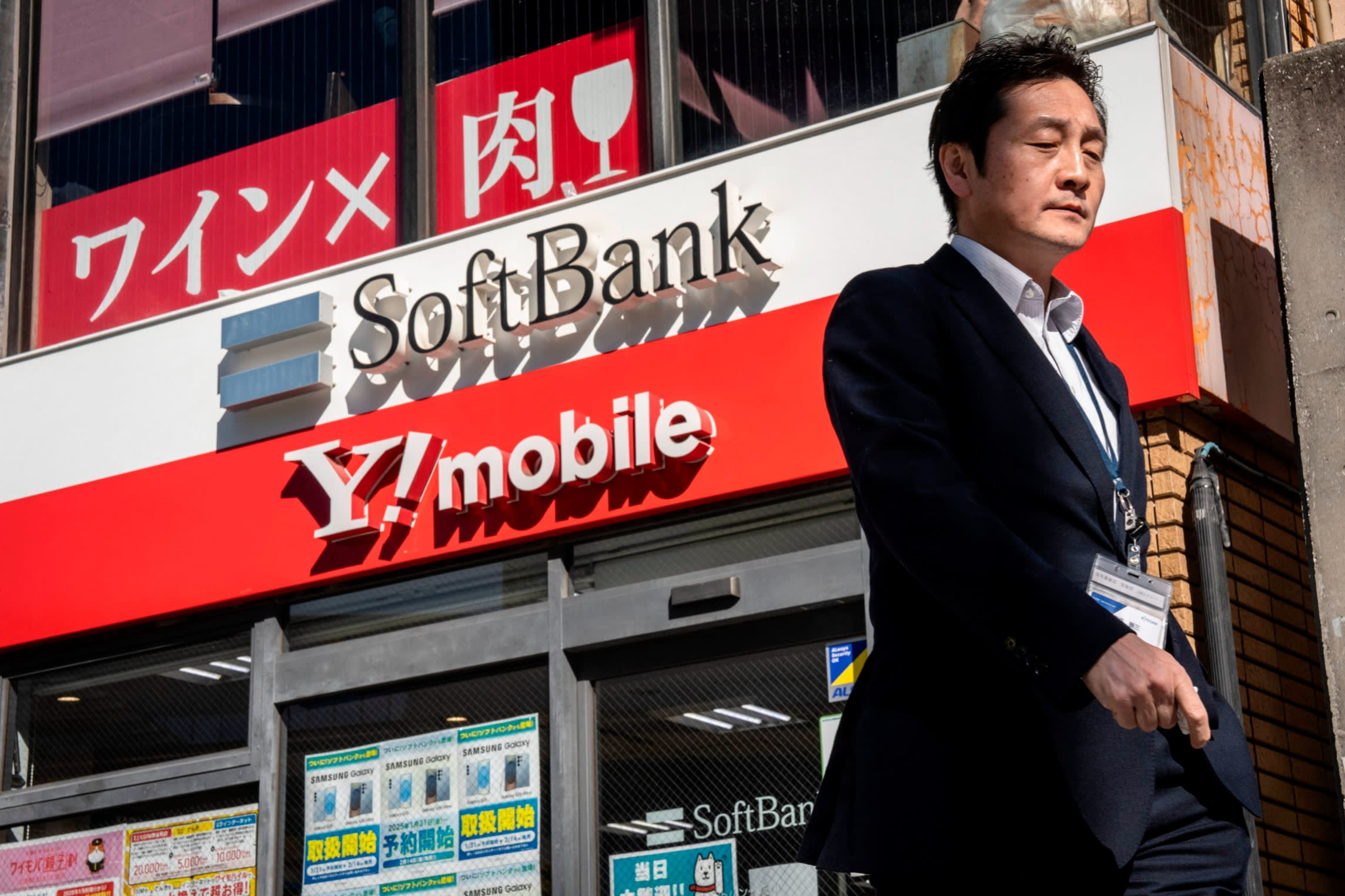
Investors willing to look past Son’s biggest blow-ups — most notably the billions lost on WeWork — said his biggest wins were more important: Alibaba, Arm, TikTok owner ByteDance and, they hope, OpenAI.
Those investors are also having their bets hedged by the group’s discount to net asset value still standing at close to 40 per cent, according to SoftBank’s most recent earnings report, meaning the market values it at significantly less than the sum of its assets.
Sceptics said the discount existed because of how hard it was to quantify the risks of what Son has already announced, including raising financing for Stargate. OpenAI is also itself enmeshed in painful talks with Microsoft to allow it to move further away from its roots as a non-profit — negotiations that will affect SoftBank’s investment.
Increasingly, it seems Son’s plans will centre on the US, rather than China, where SoftBank still maintains deep ties, including the stake in ByteDance.
“SoftBank has sort of made a decision here that we’re going with the United States, not China,” said David Boling, former US trade official and director of Japan and Asia trade at Eurasia Group in Washington.
Of Korean descent and having finished high school in California and studied economics and computer science at Berkeley, Son has long cast himself as sitting halfway between Silicon Valley and Japan. That helped him strike a deal with Steve Jobs to bring the iPhone to Japan in 2008, giving SoftBank a decisive edge in mobile.
His first big move in the US came in 2013 with the $22bn purchase of telecoms group Sprint, a deal that stirred national security concerns but went through after he agreed to remove Huawei equipment. Then his closeness to Trump appeared to pay off when Sprint’s merger with T-Mobile was approved in 2020.
That proximity is becoming a cause of concern not just for some investors but for Japanese diplomats, cautiously trying to work the situation to their advantage but railing against Son’s position as a gatekeeper.
“It has sometimes been irritating that there have been discussions going on at the highest level to which bureaucrats and senior politicians are not necessarily informed or involved,” said one senior diplomatic figure in Tokyo.
The same person admitted that in a White House where normal lines of communication have been broken or changed, Japan knows that the advantages of the relationship still outweigh any discomfort — even if that balance could suddenly shift.
“The dilemma is that if [Son is] not close to Trump, he’s not usable,” said Kuihiko Miyake, visiting professor at Ritsumeikan University in Kyoto and a former Japanese diplomat. “If he’s too close, it’s dangerous.”
